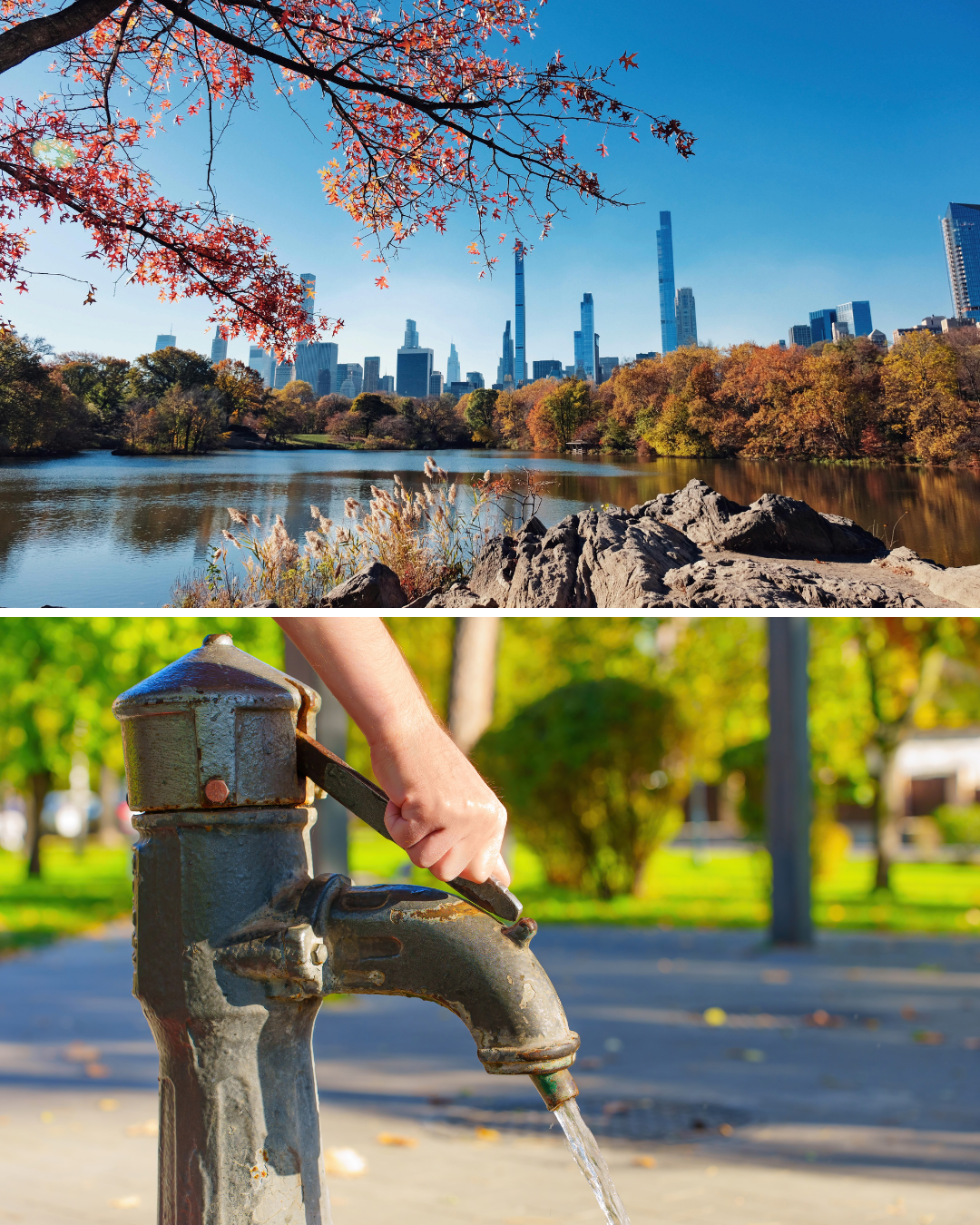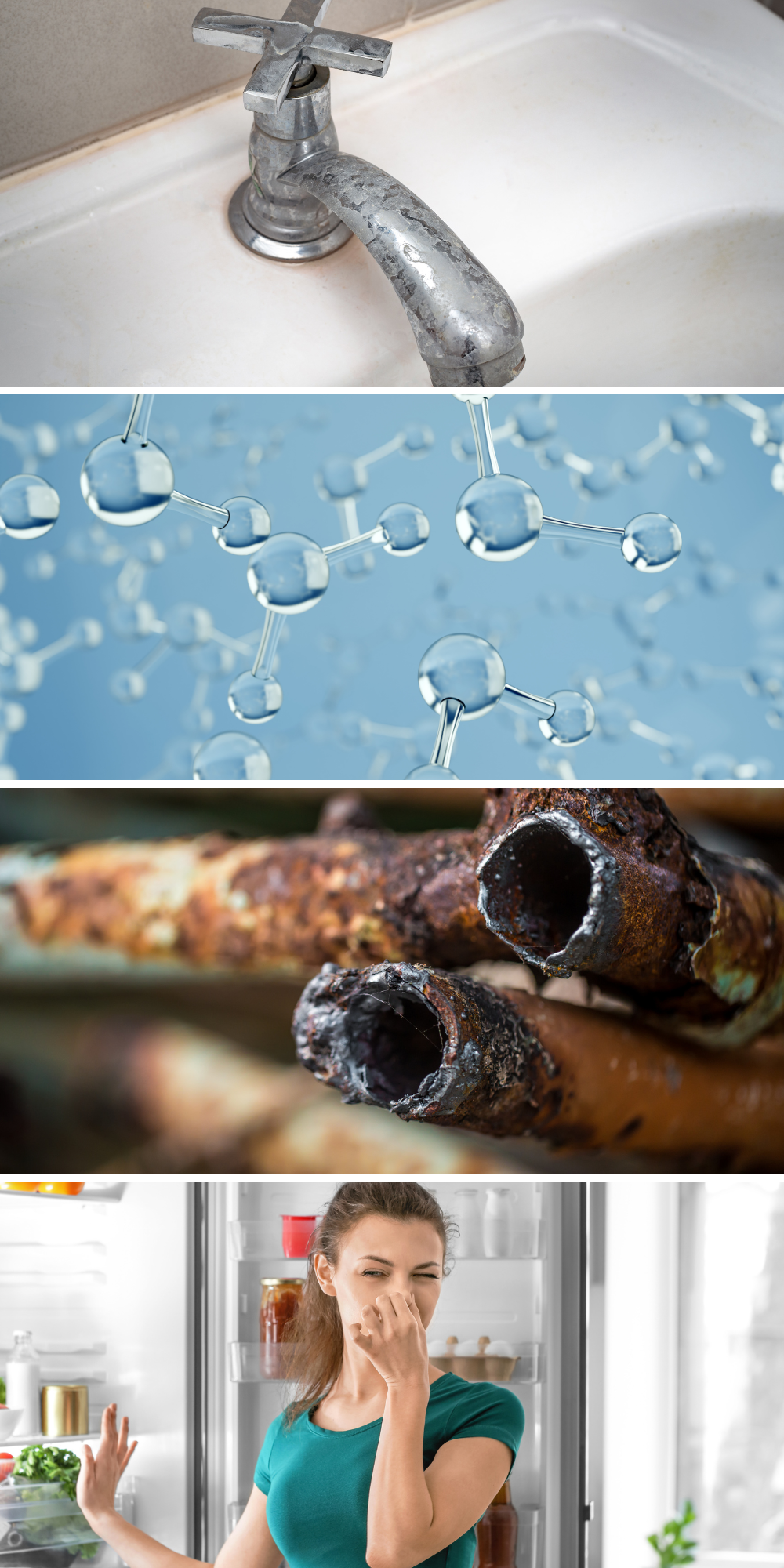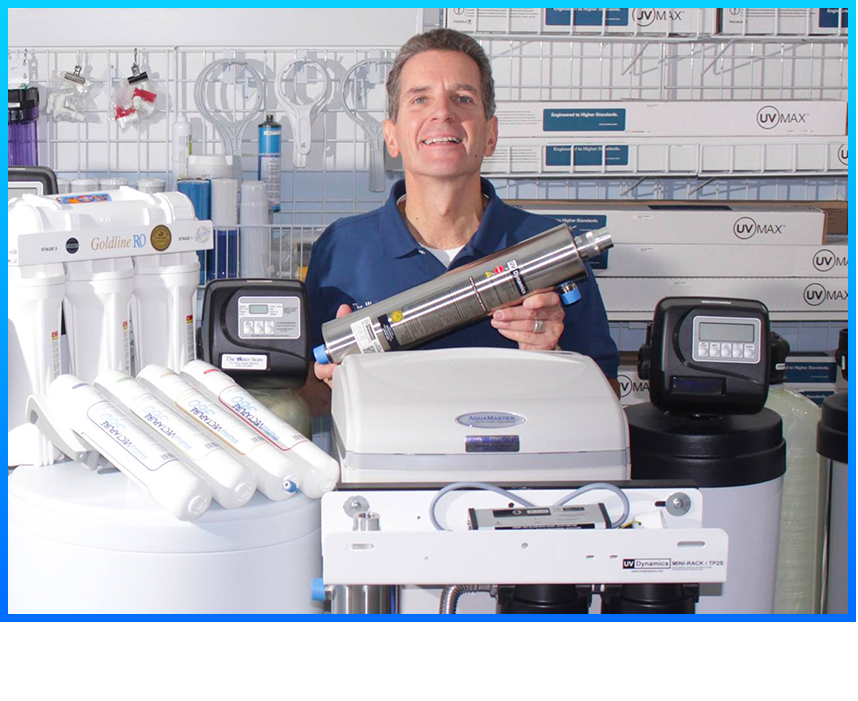Yes! Even if your city treats your water, it can still contain chlorine, chloramines, lead from pipes, and other contaminants. A home filter helps clean up what’s leftover and improve the taste.
You're not alone—and we're here to help. Whether your water smells funny, tastes off, or you're just not sure what's flowing through your pipes, our team of experts is ready to give you real answers and personalized recommendations.
👇 Fill out our quick Water Concerns Form, and we’ll take a look at what’s going on — no pressure, no upsell, just honest advice. Takes just 2 minutes. Totally free.


